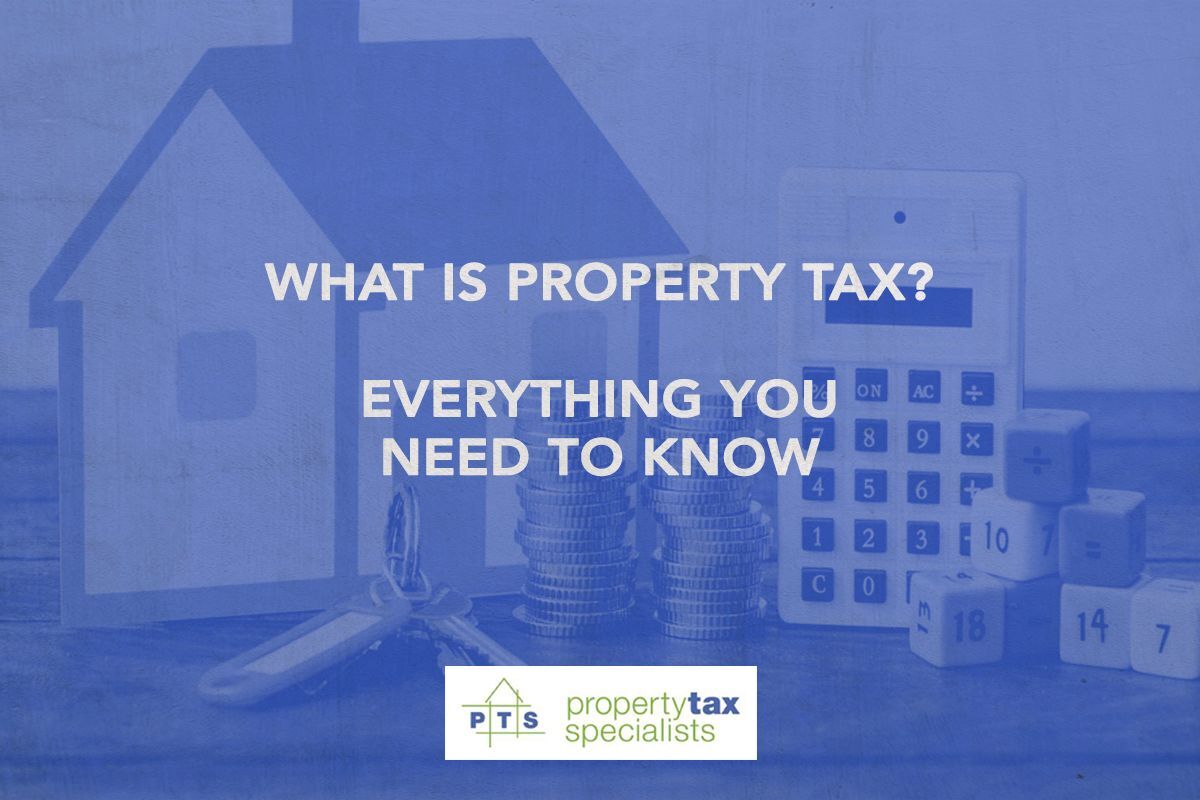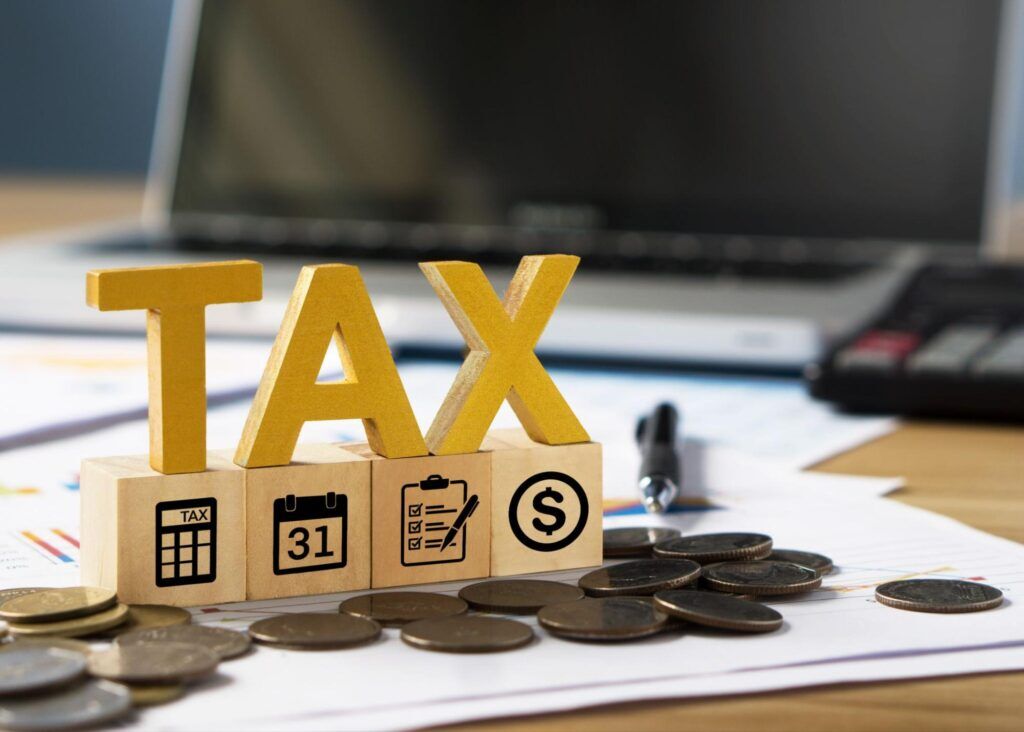

Owning property is widely recognised as a hallmark of the Australian dream, symbolising stability and financial achievement. However, the financial landscape of property ownership extends far beyond the initial purchase, encompassing various ongoing and potential costs that may not be immediately apparent.
Among these, property taxes stand out as a notable and continuous financial obligation that warrants thorough understanding and consideration.
From the outset, buyers encounter stamp duty, a transfer tax applied during the acquisition phase. For those venturing into property investment, navigating through obligations like income tax becomes imperative. Additionally, land tax, applied to the land on which the property resides, introduces another layer to the financial commitment involved in ownership.
So, what is property tax, and how is it going to impact your homeownership dreams?
 Australia’s Property Tax Landscape
Australia’s Property Tax LandscapeAustralia’s property tax landscape is multifaceted and can be quite complex due to the involvement of both state and federal taxation systems.
In Australia’s property tax system, obligations often hinge on the status of the taxpayer: are they residents, foreign individuals, developers, or perhaps entities like trusts and companies?
Australian residents and citizens for tax purposes are those who live in Australia and consider it their home, or those who have been in Australia for more than half of the financial year, unless their usual home is overseas and they do not intend to live in Australia.
These individuals, when they own property, are subject to various residential property taxes, such as council rates and, where applicable, land tax, often with certain allowances or concessions available to them, especially if the property is their primary residence.
In contrast, foreign residents who do not meet the aforementioned criteria navigate through a different set of obligations and entitlements. They may be subject to additional taxes, such as the Foreign Investment Review Board (FIRB) application fees and a vacancy fee for properties not occupied or available for rent for at least six months per year.
Moreover, they might not be eligible for certain tax benefits that residents can access and may encounter higher rates for some taxes, such as capital gains tax on property sales.
Developers, who are engaged in acquiring, developing, and perhaps selling properties, navigate through a unique set of tax obligations and entitlements. Their projects, whether they involve residential, commercial, or mixed-use developments, are subject to various taxes during the holding, development, and selling phases.
For example, developers often grapple with Goods and Services Tax (GST) on the sale of new properties, and they must manage land tax obligations during the holding period of development projects.
Moreover, the income derived from the sale of developed properties is subject to taxation, and the specifics of these obligations can be influenced by factors like the structure of the development entity and the nature of the project.
Entities, such as trusts and companies, also bear the burden of property taxes in Australia. Trusts, depending on their type and structure, might have varied obligations, with the trust itself or the beneficiaries being liable for taxes, depending on the income distribution and other factors.
Companies, on the other hand, are subject to corporate tax rates on net income from properties and must also navigate through obligations like paying land tax and potentially GST on property transactions if they are engaged in property development or trading. The intricate web of Australia’s property tax system underscores the importance of tailored advice, ensuring compliance, and strategic planning across all taxpayer categories.
No, there isn’t a specific real estate tax rate applicable nationwide due to the decentralised nature of property taxation. Property taxes, including land tax and council rates, are primarily levied by state and territory governments and local councils, each having their own rates and rules.
You can potentially lower your annual property tax bill in ways.
Negative gearing is where the costs of owning a property (such as mortgage interest, maintenance, and depreciation) exceed the income it generates. The net loss can often be deducted against other income, reducing the overall taxable income and effectively lowering your tax liability.
The Australian Taxation Office (ATO) allows investors to claim tax deductions related to property ownership expenses, including:
There are also certain capital gains tax (CGT) exemptions that exist. For example, the main residence exemption is a notable provision in Australia’s tax landscape, which generally allows homeowners to sell their primary residence without incurring CGT.
There is also the ‘absence rule’, which provides homeowners an additional layer of flexibility. Under this rule, if you move out of your main residence and rent it out, the property can continue to be treated as your main residence for CGT purposes for up to six years during your absence if it is used to produce income, or indefinitely if it is not used to produce income.
So, even if you are not living in the property, under specific circumstances, you may still be able to sell it without incurring CGT, provided the absence rule is applied. There are, however, specific conditions that you must meet to utilise this rule, and its application can impact the CGT treatment of any other properties you acquire.
Note: While these strategies and provisions can provide tax advantages, you must approach them with a thorough understanding and strategic planning, often best navigated with the assistance of a tax professional.
Whether you’re an individual homeowner, a property investor, or a developer, understanding and managing your tax obligations effectively is crucial.
At Property Tax Specialists, our team of seasoned accountants is here to guide you, offering tailored solutions to ensure that your property ventures are compliant and financially optimised. Leverage our expertise to navigate your property tax journey confidently and strategically.
Contact us today to find out more.
Property taxes in Australia can vary widely due to the decentralised nature of the taxation system. Different states and territories have their own tax rates and rules like stamp duty and land tax. Additionally, local governments (or councils) set their own rates for council taxes. It’s essential to check the specific rates and rules applicable in your locality or the area where the property is located.
Yes, there are several types of property taxes in Australia, including but not limited to stamp duty, land tax, and council rates. The applicability and rates of these taxes can vary significantly across different states, territories, and local councils.
Some property taxes in Australia, such as land tax and council rates, are typically paid annually. However, payment frequencies might vary, and some councils may allow quarterly or monthly payments. Always check with your local council or relevant state or territory authority for specific payment details.
Yes, foreigners are subject to tax in Australia, particularly concerning property. Foreign property owners may encounter additional taxes, such as the Foreign Investment Review Board (FIRB) application fees and a vacancy fee for properties not occupied or available for rent for at least six months per year. Additionally, they may be subject to capital gains tax upon selling the property.
Yes, owning an investment property in Australia comes with various tax implications. Your income tax return must declare income generated from renting out the property. However, you may also be eligible for various tax deductions related to property ownership, management, and maintenance.
The tax on rental income in Australia is levied at your marginal tax rate. The actual tax payable will depend on your total taxable income, which includes rental income minus allowable deductions. Deductions can include expenses like loan interest, maintenance costs, and property management fees.
Investment tax in the context of property can refer to several things, such as the tax on rental income or capital gains tax, both of which are taxed at your marginal tax rate. The specifics can depend on various factors, including your overall income, the nature of the investment, and any applicable deductions or offsets.
Minimising capital gains tax (CGT) can be complex and might involve strategies like living in the property to qualify for the main residence exemption or utilising the six-year absence rule. It’s crucial to plan carefully and consult with a tax professional to navigate the available strategies and ensure compliance with all relevant rules and regulations.
Please note that every effort has been made to ensure that the information provided in this guide is accurate. You should note, however, that the information is intended as a guide only, providing an overview of general information available to property buyers and investors. This guide is not intended to be an exhaustive source of information and should not be seen to constitute legal, tax or investment advice. You should, where necessary, seek your own advice for any legal, tax or investment issues raised in your affairs.